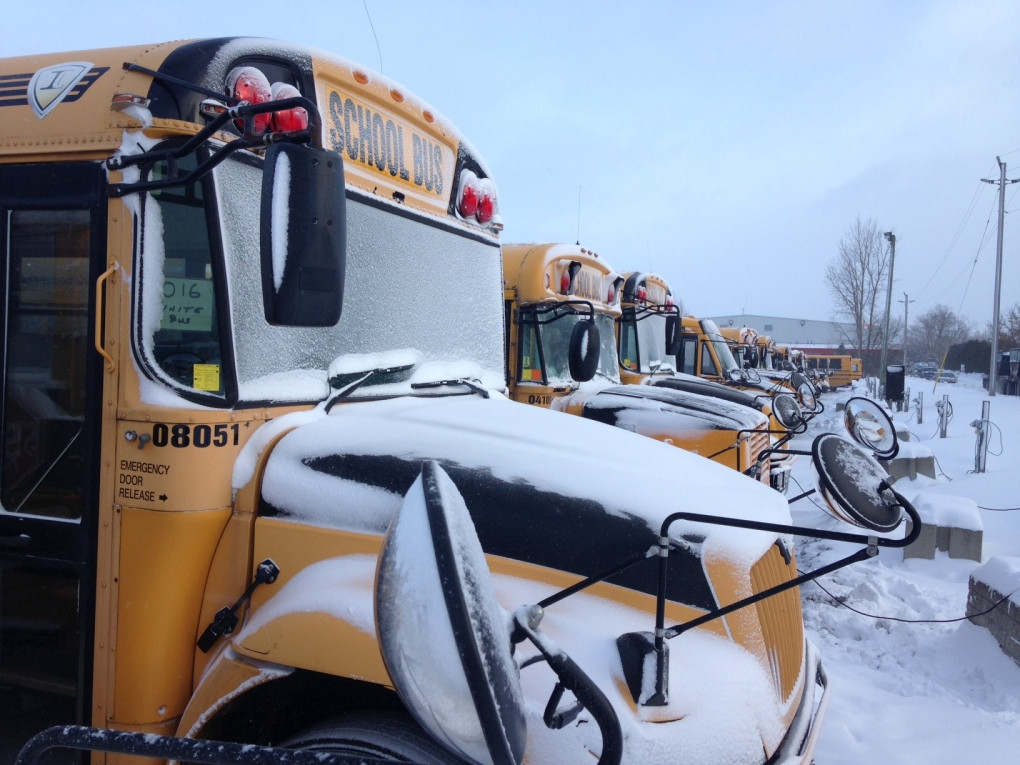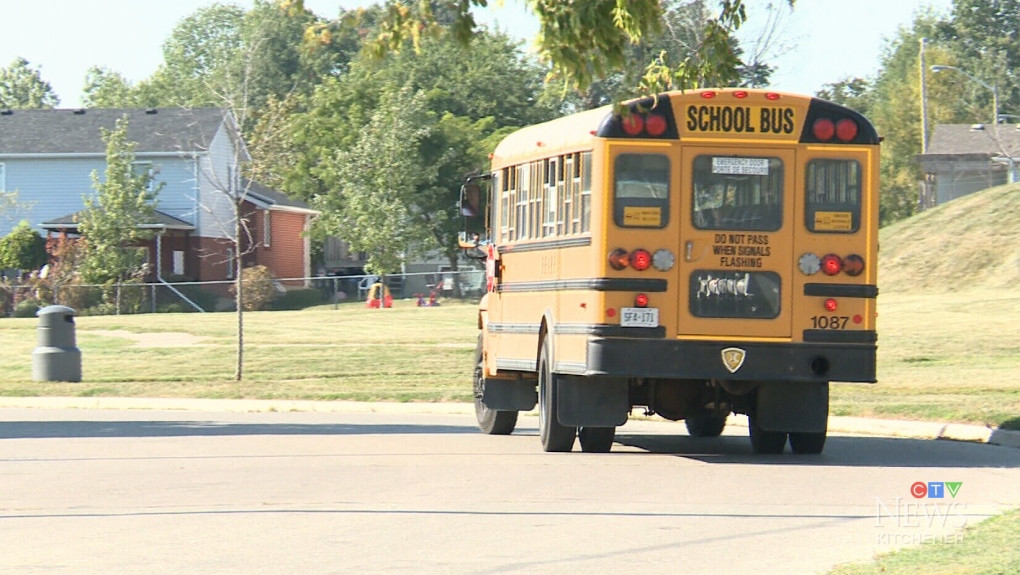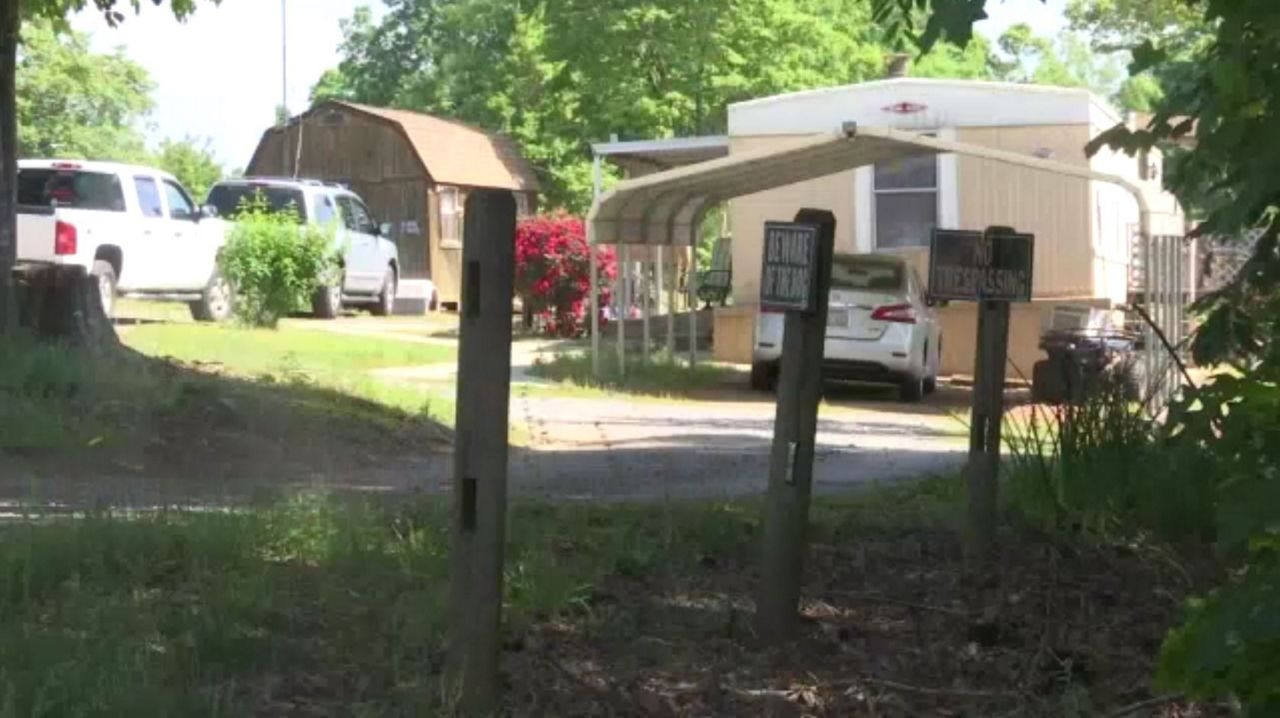Waterloo Region School Bus Cancellations: A Necessary Precaution or an Overreaction?
On Sunday evening, a significant snowfall event impacted parts of Waterloo Region, with some areas receiving up to 14 centimetres of snow, while others experienced only a light dusting. However, the real story unfolded on Monday morning, when all school buses, taxis, and special education routes were cancelled across the region, leaving many parents scrambling for alternative arrangements. The schools, however, remained open.
The Weather Conditions and the Decision to Cancel
While the weekend snowfall was substantial in some areas, it was far less severe than in other parts of Ontario. Places north of Waterloo Region, such as Gravenhurst, were hit with nearly five feet of snow, causing widespread disruptions and highway closures. In contrast, Waterloo Region received a comparatively modest 15 centimetres. There was no blowing snow to significantly reduce visibility, no freezing rain, and no highway closures reported.
The Waterloo Region District School Board issued a statement on its website, advising families to keep their children home if they felt travel was unsafe. They also requested that parents notify the school if their children were kept home. This decision to cancel buses, despite the relatively manageable snowfall, sparked debate among residents.
The Justification for the Cancellation
Benoit Bourgault, general manager at Student Transportation Services of Waterloo Region, explained their process for making cancellation calls. The decision is based on assessments made by spotters across the region, who review road conditions in their areas. These spotters then inform bus operators, who make recommendations about whether to run or cancel service. This decision considers various factors, including the condition of roads, temperature forecasts, and expected changes in road conditions throughout the day.
Bourgault further clarified that even if conditions appear acceptable in some areas, poor conditions in other parts of the region could trigger cancellations. This is because it can take municipalities up to 24 hours to clear all roads completely. He gave an example of a significant overnight snowfall that left roads slippery despite being mostly clear and sunny by morning.
Comparing Waterloo Region to Neighbouring Regions
The decision to cancel school buses in Waterloo Region stands in contrast to neighbouring Guelph and Wellington County, where buses operated normally. This difference highlights the varying approaches to managing winter weather disruptions and managing risk across different regions.
The Debate: Safety First or Overcautious?
The school bus cancellations generated considerable discussion among Waterloo Region residents. Some lauded the decision as a necessary safety precaution, prioritizing the well-being of children above all else. They pointed to the potential for accidents, even with relatively light snowfall, and argued that it’s better to err on the side of caution.
However, others argued that the decision was an overreaction, citing the relatively light snowfall and the fact that neighboring areas experienced similar conditions without disruptions to school bus services. They questioned whether the cancellation created unnecessary inconvenience for families and disrupted the school day for no valid reason. The argument was made that the drivers are well-trained and the buses equipped to handle these conditions.
The Criticism
An opinion piece in The Record criticized the decision as possibly based on fear of liability rather than genuine safety concerns. The columnist pointed out that the roads were clear and dry by the afternoon, implying that the cancellation was excessive. The decision to cancel also implied a blanket approach to winter weather, suggesting a “when it snows, we stop” mentality that may stifle education during winter months. This was compared to neighboring regions, such as Guelph and Wellington County, that managed to keep their school buses running despite similar weather conditions. It was argued that the decision sends the wrong message, and that the region needs to develop a more nuanced approach to winter weather disruptions.
The Implications of the Decision
The cancellation of school buses had a significant impact on families across Waterloo Region. Many parents had to find alternative transportation arrangements, resulting in lost work time and increased stress. The disruption also disrupted the school day for many students, potentially affecting their academic progress.
Looking Ahead: Refining the Approach to Winter Weather Disruptions
The experience highlights the need for Waterloo Region to review its approach to winter weather disruptions. While safety is paramount, there’s a need for a more nuanced system, one that takes into account not only the severity of snowfall but also road conditions, visibility, and the capabilities of the transportation system itself. The goal should be to strike a balance between ensuring student safety and minimizing disruptions to education and family life.
It's also important to consider the financial implications of such sweeping cancellations. The cost of cancellation must be weighed against the benefits of ensuring safety, particularly in a region that consistently experiences winter weather. The experience serves as a valuable opportunity to fine-tune policies and guidelines to ensure they are both effective and equitable.
This unprecedented event in Waterloo Region prompts a thorough analysis and review of protocols to minimize disruptions while maintaining safety standards that ensure efficient and responsive solutions to the various types of winter weather that our region may experience. It is imperative to prevent a repetition of such disruptions and inconvenience without compromising safety. The situation provides a valuable opportunity to improve procedures, communications and response measures for the future.
The decision to cancel schools is a serious one, and needs to be made based on a balanced approach weighing student and driver safety against the disruption to education and routines. The future response must be carefully considered so that disruptions can be minimized.


















